sample heading
Creepy children have been a staple of horror fiction and film since early on. Indeed, the only thing we seem to like better than creepy children is showing children getting creeped out: there’s something about a child in peril that sets off our protective instincts. This also gives scary children some of their power: the being we should feel protective towards instead wants to kill us.
There are two very different, basic ways in which children are monstrous in fiction, and our response to monstrous children depends on which way they’re monstrous. First is the idea that they’re either born bad to begin with or they’re possessed suddenly by some other malignant force. Sometimes, like in William March’s The Bad Seed, it’s just that they’re, well, bad seeds. Or, as in Jerome Bixby’s “It’s a Good Life” (and in The Twilight Zone episode based on it) it’s that they’re God. Maybe they’re not really any worse than normal kids: after all, all kids throw tantrums: it’s just that the effects of a child god throwing a tantrum are much worse.
The other kind of monstrous children are the ones that I find more frightening, the ones who were made bad. In that case, it’s usually all about your parents, your schools, and the other institutions you participate in, and what they do to you. About the way they drive you into madness or pass their own madness along to you. Our responses to these sorts of monstrous children are more complicated, because of how hard it is to blame them. We can see what has made them what they are—though that shouldn’t make us any less afraid of them. Usually, since we’ve all received some kind of damage, however slight, from families and institutions, we can relate to these monstrous children. Which makes us feel implicated in their behavior.
What follows is a list of two short stories and six novels about children who have been made monstrous by those around them. Sometimes, if you’re lucky, the children even get their revenge.
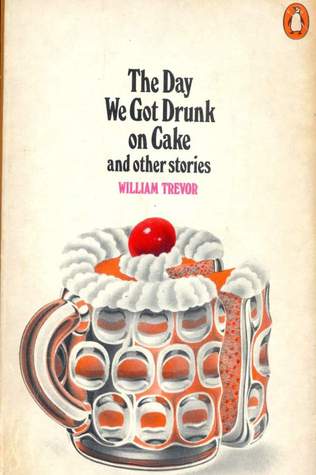
“Miss Smith,” William Trevor
Trevor is generally known as a realist, but he occasionally dips his foot into darker waters (see his novel Felicia’s Journey, about a serial killer). The first half of “Miss Smith” is from the perspective of a young boy who is persecuted by his teacher; the second half is from the perspective of the teacher later, as unusual and troubling things begin to happen. Trevor’s an expert enough writer that by the time you’re moving toward what seems to be a very grim ending you’re incredibly conflicted about whose side you are on. It’s like being torn in two.
Editor’s note: this short story collection is out of print, so we’ve included a few links where you might find a used copy: Thriftbooks | Amazon | Abe Books | Goodreads
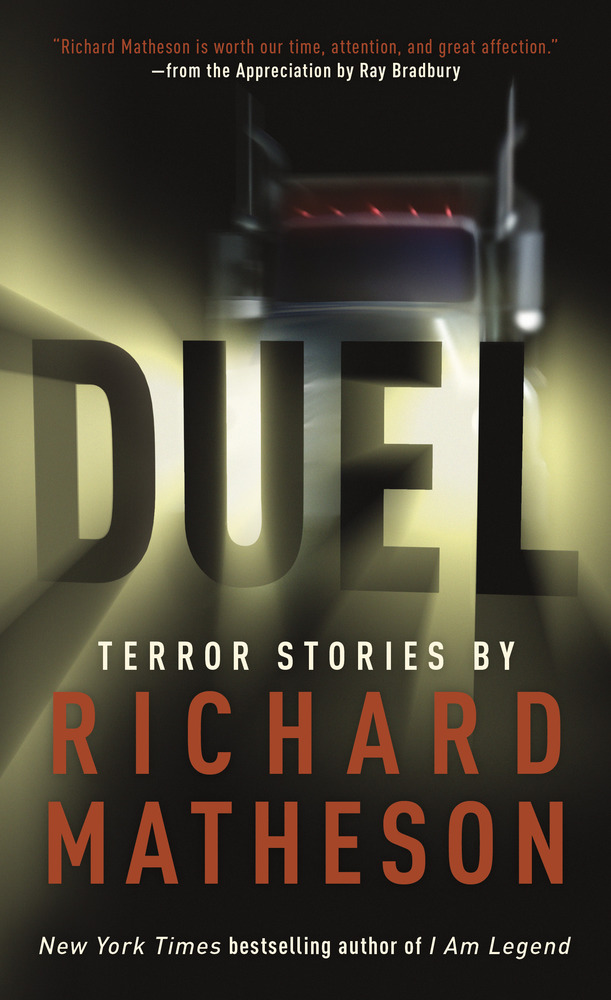
“Born of Man and Woman,” Richard Matheson
Only three pages long, this is a story told crudely by a child who has been kept locked away by his parents. There is something desperately wrong with him, admittedly, though we’re never told exactly what it is. But a good part of his monstrousness comes from his parents beating him, and if he takes extreme steps it’s because he wants to get those beatings to stop. A good part of the effect of the story is how your relationship to the characters changes as you read it.
Apple | Amazon | Barnes & Noble | IndieBound

Baby Teeth, Zoje Stage
This 2018 debut novel concerns a girl, Hanna, who is exceptionally bright and also exceptionally manipulative. She refuses to speak and slowly tries to drive a wedge between her parents so that she can have her father for herself. Exceptionally deft in its depiction of child psychology, this might be a book that you’d put in the same category as The Bad Seed except that as it progresses you begin to see the mother’s legacy of damage from her own mother and how she might be passing it along, as well as the mother’s desire to have her husband all for herself. After a harrowing ride, it’s all the more remarkable that Stage puts us in a position where we can understand and even warily sympathize with the potentially psychopathic Hanna.
Apple | Amazon | Barnes & Noble | IndieBound
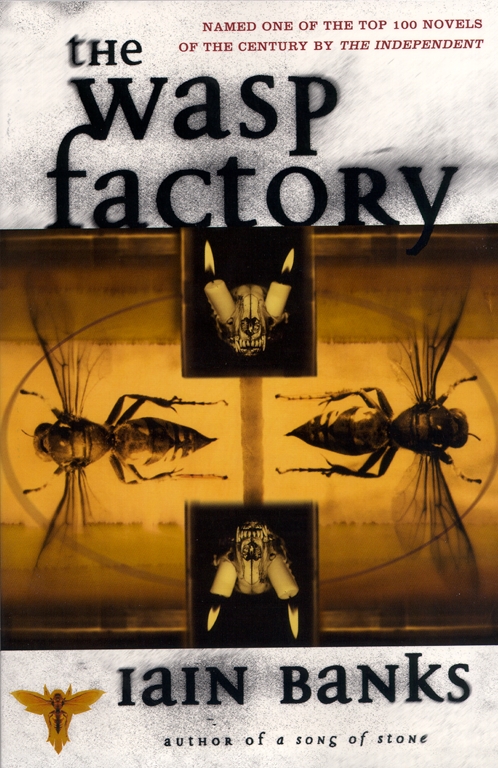
The Wasp Factory, Iain Banks
Iain Banks’ first novel is the story of Frank Cauldhome, a child living on an island with his father who has killed three people before the age of ten, which he describes as just “a phase I was going through.” Frank is obsessive-compulsive and practices all sorts of rituals. As time goes on, we begin to discover why he is this way, and how his own father is very deliberately experimenting on him.
Apple | Amazon | Barnes & Noble | IndieBound

Inspection, Josh Malerman
This underestimated 2019 novel by Malerman (Bird Box) is the story of a “utopian” experiment: a man and a woman call themselves “mother” and “father” and raise two groups of children, one exclusively boys, the other exclusively girls, both isolated from one another, as a science experiment that is meant to create brilliant minds without the distraction of sex. When the experiment becomes “polluted”, the children, quite naturally, take things out on their “parents.”
Apple | Amazon | Barnes & Noble | IndieBound
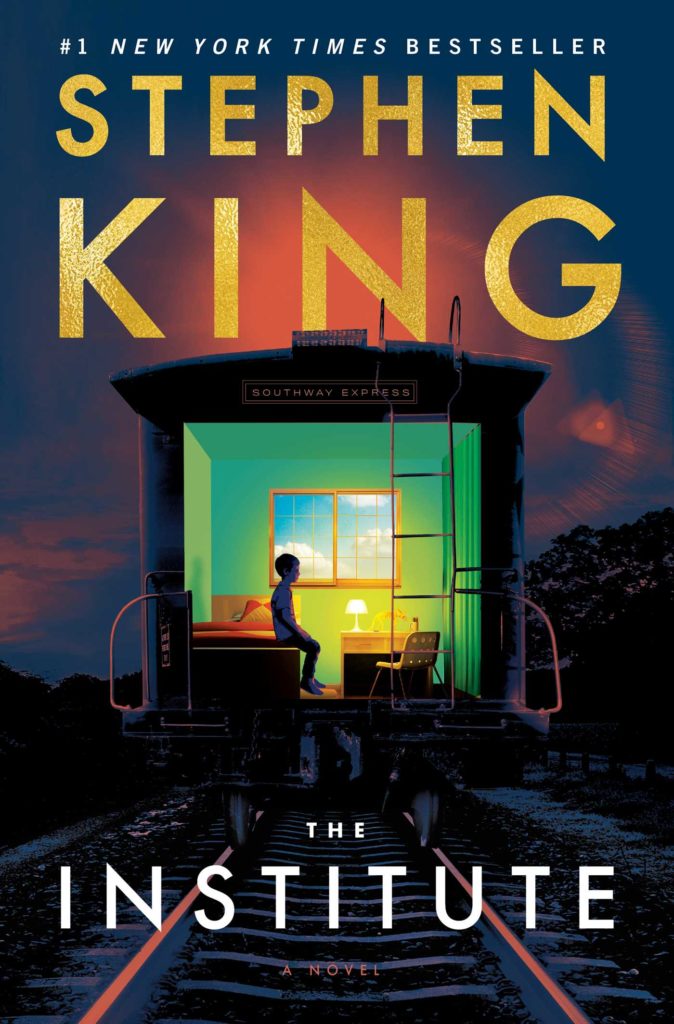
The Institute, Stephen King
The children of King’s novel are born with a tendency toward telekinesis and telepathy. When young, they’re extracted from their families and sent to the Institute, where they become fodder for experimentation and also, once they’ve been manipulated into a mental dead zone, part of a mechanism to manipulate world events. For the Institute, the children are disposal and their manipulations are justified under the heading of making the world safe. When the children rise up, how can you do anything but cheer for them?
Apple | Amazon | Barnes & Noble | IndieBound
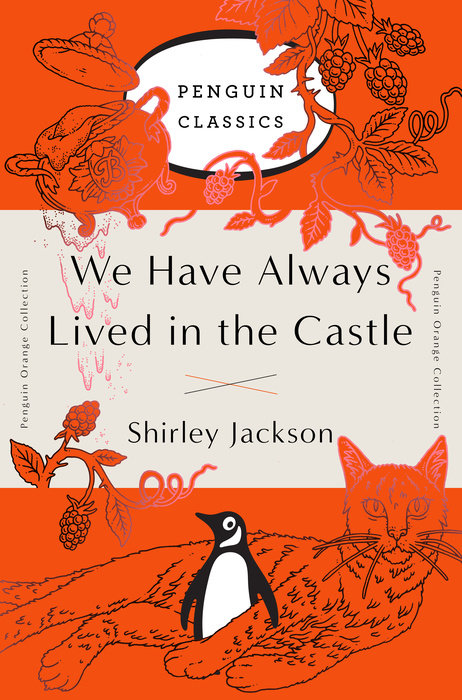
We Have Always Lived in the Castle, Shirley Jackson
Jackson’s masterful novel is the story of Merricat Blackwood, who lives with her sister Constance and their wheelchair-bound uncle Julian in a large isolated house. As Julian rambles through past events in trying to write his memoirs, we begin to suspect that the others in the family were murdered. Merricat’s account slowly reveals the truth of the event in a way that suggests children can be far from blameless. Jackson’s novel is subtle and deft, quietly unsettling in a way that suggests monstrousness is often hidden like a layer of integument below someone’s skin and for that reason even more deeply a part of them.
Apple | Amazon | Barnes & Noble | IndieBound
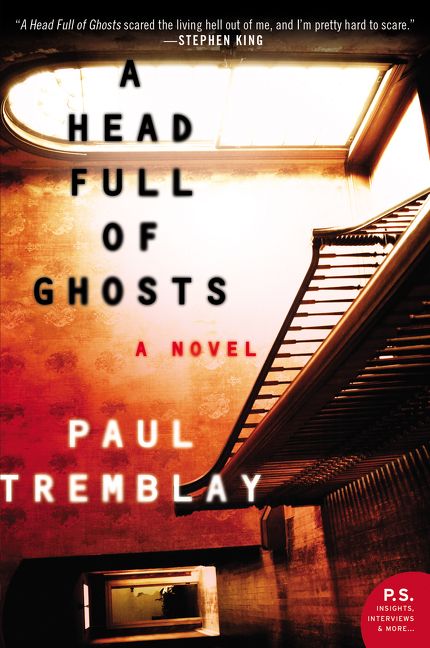
A Head Full of Ghosts, Paul Tremblay
Tremblay’s novel plays off Shirley Jackson, with one of the characters named after Merricat. Merry recounts what happened to her when she was younger, when her sister Marjorie seemed to be either schizophrenic or possessed and the family, partly out of financial and other desperation, agreed to be the subjects of a reality show called The Possession. Tremblay’s novel takes what could be an Exorcist-like plot and complexifies it, showing as well the misery the family struggles with, as things become worse and worse for them and Marjorie’s starring role becomes more and more fraught. It’s a look back on childhood from adulthood that questions the very nature of monstrousness in children and suggests that the larger monstrousness might lie in the culture at large.
Apple | Amazon | Barnes & Noble | IndieBound
Brian Evenson is the recipient of three O. Henry Prizes and has been a finalist for the Edgar Award, the Shirley Jackson Award, and the World Fantasy Award. He is also the winner of the International Horror Guild Award and the American Library Association’s award for Best Horror Novel, and his work has been named in Time Out New York’s top books. His latest collection is Song for the Unraveling of the World.

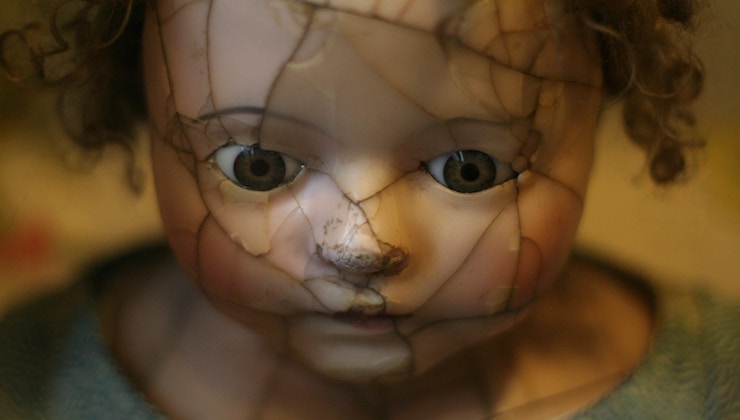


The books listed all brilliant! Evenson has given us a wonderful read with honest and timely insights.
What a great list! Kids in horror stories always make things scarier.